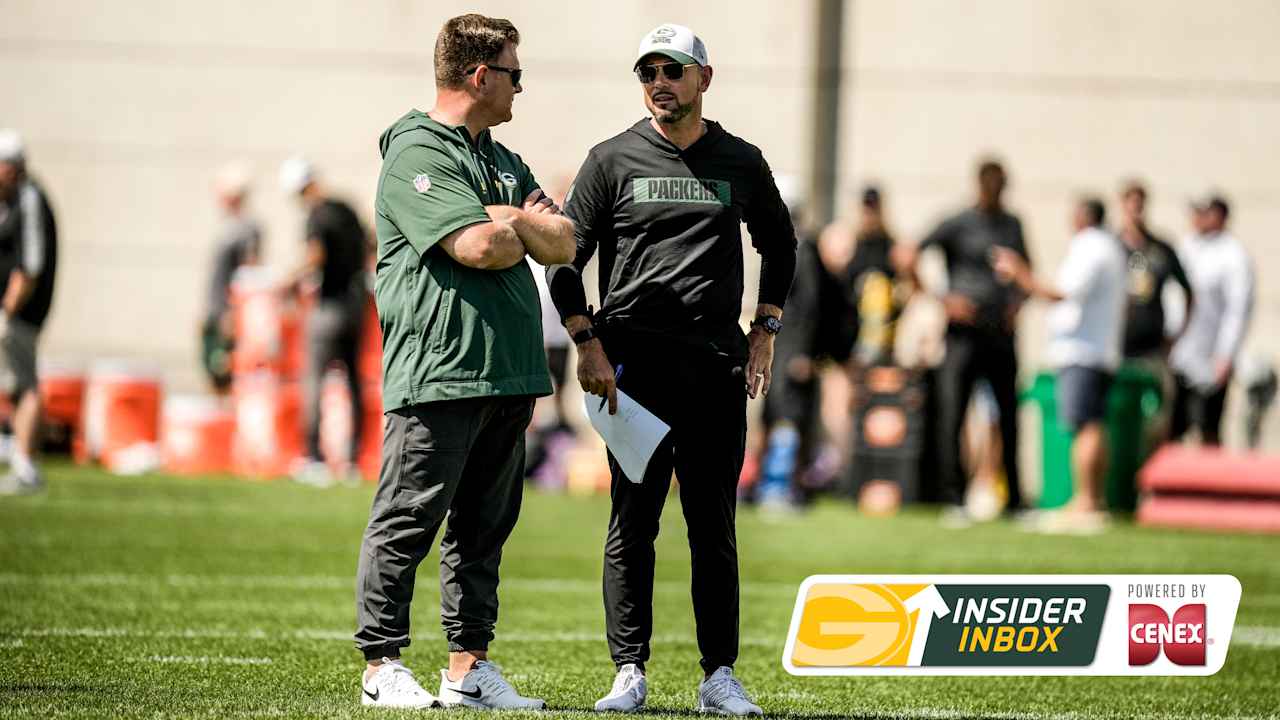“A balanced emergency fund usually contains a few to 6 months’ salary or dwelling fees, but as normally, you have to evaluate your condition and help save as a lot as you moderately can,” suggests NFL linebacker Brandon Copeland. (Copeland himself reportedly will save the the vast majority of his have salary.)
Getty Visuals
NFL linebacker Brandon Copeland designed $990,000 in the NFL very last 12 months, in accordance to CBS Athletics — but that is not even shut to the most fascinating thing about him. He’s also built a money empire referred to as Copeland Media, where by he serves as the CEO and oversees the company’s fiscal consulting business called Cascade Advisory Team. Though attending the College of Pennsylvania, he interned at UBS and has considering that returned to his alma mater to teach a monetary literacy study course. And two decades back, he extra contributing editor at Kiplinger to his resume.
One piece of his advice that feels notably related now — as a recession might loom and some discounts accounts are having to pay a lot more than they have considering that 2009 (see the finest financial savings account costs you may get now below) — is this: You have to have an emergency fund. Here’s what he advises on that front — as effectively as what other gurus say.
“A healthier emergency fund normally consists of three to 6 months’ wage or residing costs, but as usually, you have to evaluate your circumstance and preserve as a lot as you reasonably can,” suggests Copeland. (Copeland himself reportedly saves the greater part of his personal salary.) He notes that an emergency fund can help you in the occasion of a health-related situation, task reduction, holding our of personal debt, and a lot more.
What the execs say about an unexpected emergency fund now
Qualified fiscal planner Danna Jacobs of Legacy Care Wealth agrees that an crisis fund of 3 to 6 months of expenditures is a vital foundation for a healthful monetary household. “We generally earmark these cost savings in superior-interest price savings accounts so that our purchasers can receive a minimal a lot more on these resources,” states Jacobs. See the finest price savings account fees you may perhaps get now listed here. See the most effective financial savings account rates you may perhaps get now below.
Jacobs says if you are a dual revenue household you can generally focus on a more compact crisis fund considering that you have supplemental revenue to assist a prospective work decline. But individuals with dependents, who have much less stable positions or who have a single profits might want to preserve a lot more.
“Having a significant pile of cash to be able to draw on gives so a great deal adaptability, and there is genuine peace of brain in knowing you will be ok if catastrophe strikes,” suggests licensed monetary planner Keith Spencer of Spencer Money Preparing, who notes that it is far better to err on the side of also considerably dollars somewhat than not ample.
If the proposed sum of reserves appears unachievable to the home, accredited money planner Paul Collinson of Legacy Arranging Advisors suggests splitting the sum into achievable parcels. “Perhaps intention to accumulate one particular month of reserves each individual 3 to 6 months until finally the advised amount of months is attained. The backdrop is that it is critical to hold residence associates accountable when environment aspirational objectives these types of as when constructing an unexpected emergency fund over a interval of months or yrs,” says Collinson.
And note that this range may perhaps be fluid. “If you’re having to pay for childcare appropriate now, that would certainly be bundled but in a handful of a long time, it may well not have to be,” says certified economic planner Cristina Guglielmetti of Foreseeable future Great Setting up.
The tips, recommendations or rankings expressed in this short article are those of MarketWatch Picks, and have not been reviewed or endorsed by our commercial associates.








